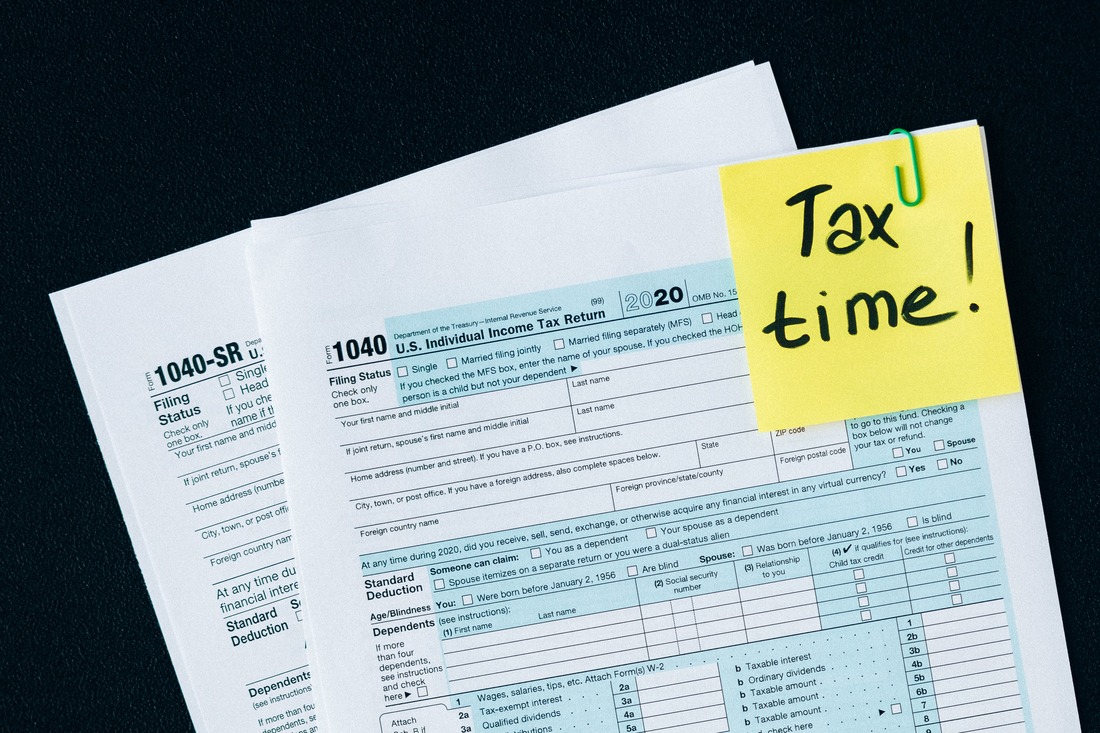
The answer is: maybe. Owning property jointly with someone means that you do not need a grant of probate in order to transfer the title to the survivor when one person dies. This is known as the law of succession, which sets out who inherits property. Jointly owned property (held as beneficial joint tenants) passes to the co-owner regardless of the terms of the Will of the first to die. If held as beneficial tenants in common (see our earlier blog on what happens in these circumstances here) then the Will would be relevant but the surviving owner would still be the sole legal owner even if they are not entitled to all of the proceeds of sale.
Taxation however is a different point. If owning property with someone else meant that they could inherit your share without paying inheritance tax then I am sure we would see a lot more people giving their children a share of their home.
Unfortunately (for them), however, the rules state that, even if no grant of probate is required to transfer a property, inheritance tax may still be due depending on the relationship between the deceased and the co-owner. Any transfer to a spouse would be exempt from inheritance tax, as spouses are exempt beneficiaries. However children, grandchildren or pretty much any other class of beneficiaries (except charities) are non-exempt for inheritance tax purposes. This means that if the deceased’s share of the property is greater than their available nil rate allowance at the date of their death, then the co-owner would be expected to pay inheritance tax on the share they have inherited (in excess of the available allowances).
When considering what allowances are available, you need to look at whether the deceased made any gifts over their annual allowance of £3,000, in the seven years prior to their death. if they have not then £325,000 would the available allowance. If the co-owner/beneficiary is a child or grandchild, and the property had been the deceased’s home, then the allowance would increase by a further £175,000, allowing £500,000 to pass free of inheritance tax.
By way of an example, Derek owns his home worth £750,000 as beneficial joint tenants with his daughter June who lives with him. He has no other assets. When Derek dies, June will inherit Derek’s £375,000 share. Presuming Derek hasn’t made any gifts in the seven years before his death, his £325,000 nil rate band allowance will be available. Because June is his daughter, a further £175,000 (known as the residential nil rate band) would also be available, meaning no inheritance tax would be payable by June.
If however the property had been worth £1.2 million then June would be expected to pay inheritance tax of £40,000 on her inheritance. It is worth noting that in instances where no grant of probate is required, it is the beneficiary’s responsibility to settle inheritance tax arising if there are no available assets within the estate with which to pay the tax due.
If you would like to discuss your inheritance tax position and the potential planning available to you then please contact Ashley Minott by email or on 0149 893518.